
By ANA IWATAKI
This week, residents of Little Tokyo will be forced from their homes. They will lose any of their belongings they are unable to carry with them. They will say goodbye to their friends, neighbors, and community.
This should be chillingly familiar and thus unbearable for our community. If we as Japanese Americans will each year claim a Day of Remembrance, or declare that Never Again Is Now, we cannot turn our backs on our unhoused neighbors.
I want to believe that fear will not cause us to forget the pain of evacuation and of incarceration, of our history.
On March 17, the unhoused residents at Toriumi Plaza will be subject to a sweep, which the American Civil Liberties Union describes as follows:
“A homeless sweep or ‘clean-up’ is the forced disbanding of homeless encampments on public property and the removal of both homeless individuals and their property from that area. Practices may vary between cities as to how much advance notice encampments are given before a sweep and what the city does with property collected during a sweep. Homeless sweeps are costly and ineffective and make homelessness worse, not better.”
We’ve seen all over the city that sweeps are traumatic to those who experience them. Their homes are utterly destroyed. People lose everything: clothes, blankets, IDs and other essential documents, medicine, wheelchairs, and more. If temporary shelter is offered, it is offered conditionally, on a timeline and under the threat of displacement. Permanently ending someone’s homelessness takes time, trust, and consent. A sweep offers none of those things, because its aim is not to end human suffering, but to hide it.
At this point, it is unlikely that this sweep can be stopped. But, our community can choose to actively make the sweep marginally less traumatic.
Remember the friends and neighbors who offered to store items for Japanese American families. Remember the practical and financial impact of these gestures, but especially their emotional and psychological impact. Remember what it meant to receive a show of sympathy, of care, of friendship.
Remember what it was like to be treated not as an enemy, but as a fellow human.
Our community cannot let the painful lessons of our history be forgotten. Our trauma cannot be in vain. Let us be those friends and neighbors to the unhoused residents of Toriumi Plaza.
Ana Iwataki is a curator, writer, translator, and organizer from and based in Los Angeles. She is currently pursuing a Ph.D. in comparative media and culture at the University of Southern California. She is writing as an individual and not as a representative of an organization. Opinions expressed in Vox Populi are not necessarily those ofThe Rafu Shimpo.
 How to watch VT vs. Tulane football livestreams: kickoff time, streaming deals, and more
How to watch VT vs. Tulane football livestreams: kickoff time, streaming deals, and more
 Manzanar Hosting 3 Art Shows in Recognition of Significant Anniversaries
Manzanar Hosting 3 Art Shows in Recognition of Significant Anniversaries
 ‘Manzanar Fishing Club’ Screening at UCSB
‘Manzanar Fishing Club’ Screening at UCSB
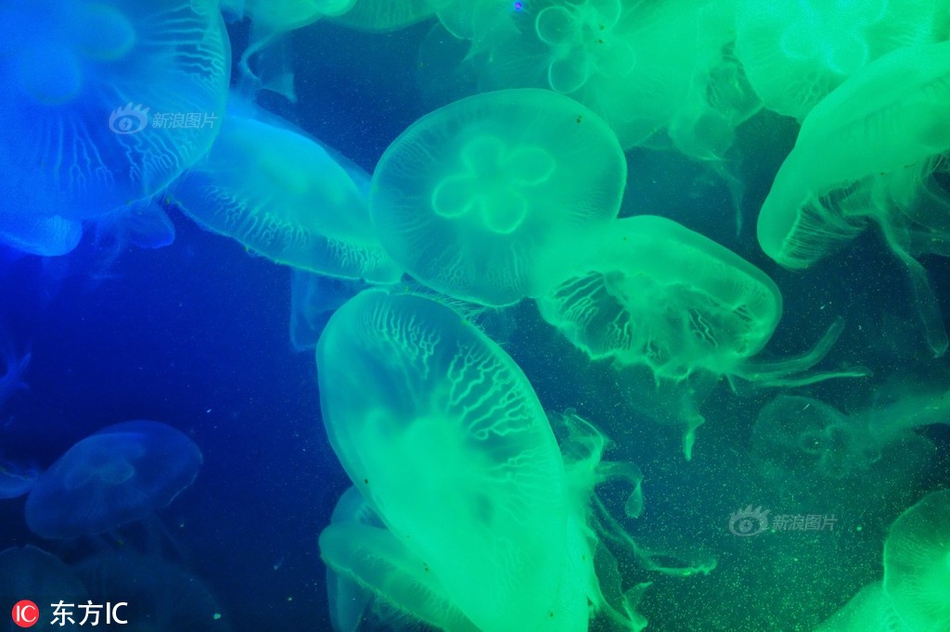 Web3 Payment Platform Zeebu's Step Toward Decentralization
Web3 Payment Platform Zeebu's Step Toward Decentralization
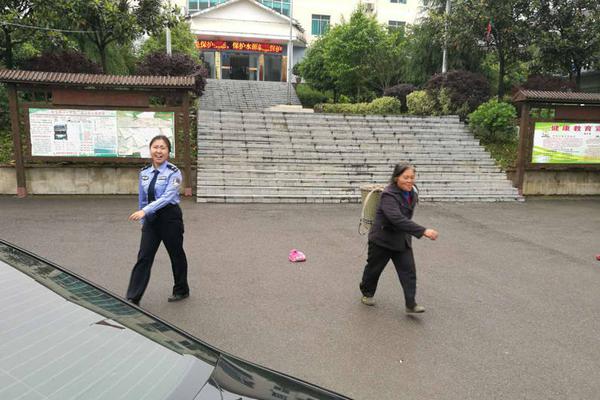 Футболист Тюкавин высказался об игре CS2
Футболист Тюкавин высказался об игре CS2
 Chain Reaction Gains Momentum with New Speakers and Partners
Chain Reaction Gains Momentum with New Speakers and Partners
 INTO THE NEXT STAGE: MIS Stories Spotlighted in Bill Kubota's Next Documentary
INTO THE NEXT STAGE: MIS Stories Spotlighted in Bill Kubota's Next Documentary
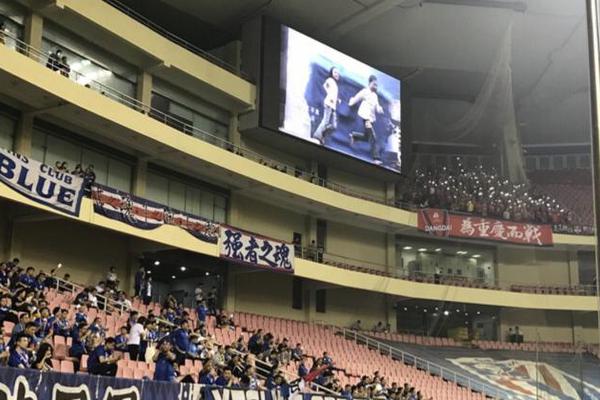 The Open Summit Set to Transform Asia’s WEB3 Landscape
The Open Summit Set to Transform Asia’s WEB3 Landscape
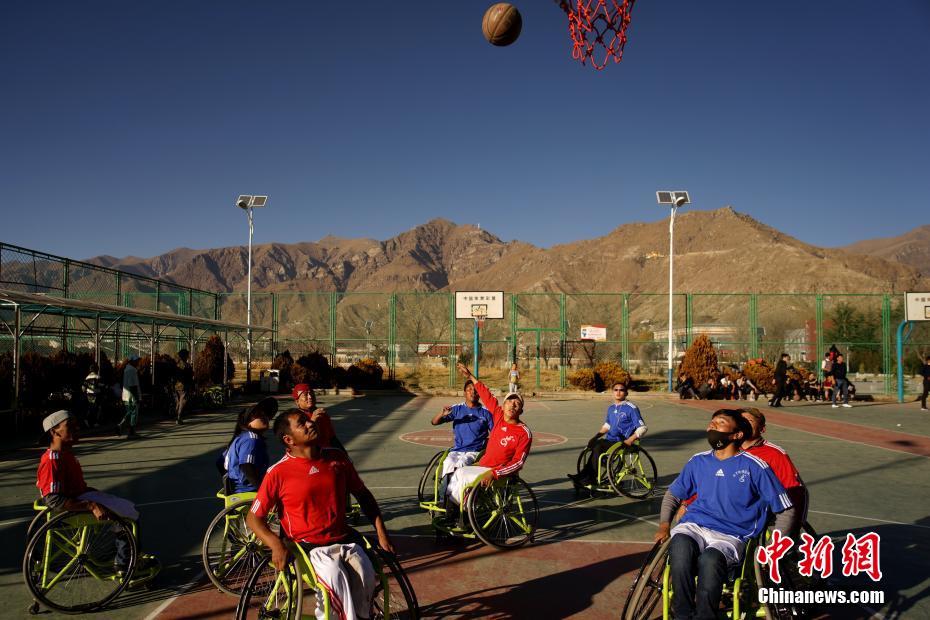 Для CS2 вышел патч, улучшающий стабильность игры
Для CS2 вышел патч, улучшающий стабильность игры
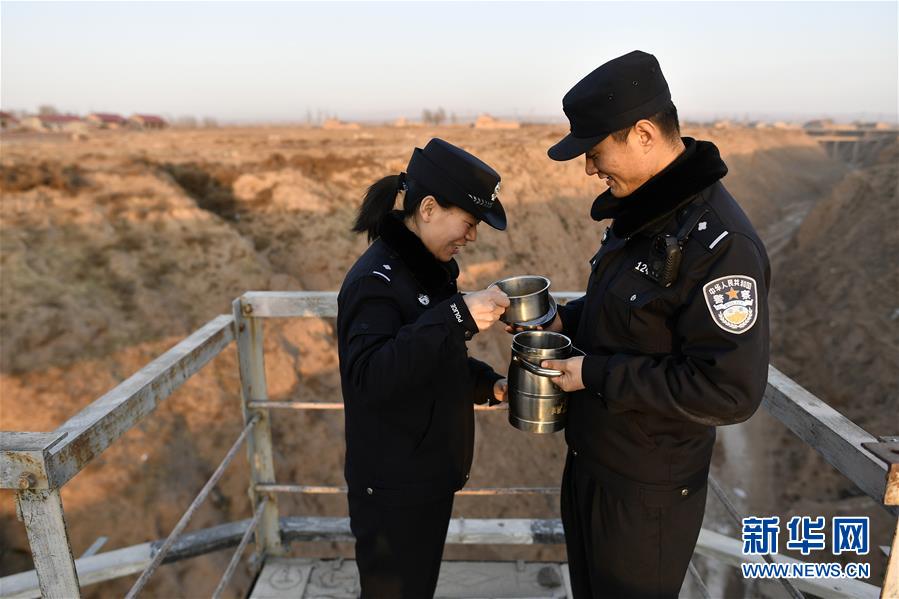 Stripchain: Breaking Down Crypto UX with Chain Abstraction
Stripchain: Breaking Down Crypto UX with Chain Abstraction
 Former Ethereum Manager Makes Stablecoins Obsolete With Gold NFTs
Former Ethereum Manager Makes Stablecoins Obsolete With Gold NFTs
 Poodlana Goes Viral in Asia: Anticipation Builds for Launch
Poodlana Goes Viral in Asia: Anticipation Builds for Launch
 Best travel apps 2023, according to Apple.
Best travel apps 2023, according to Apple.
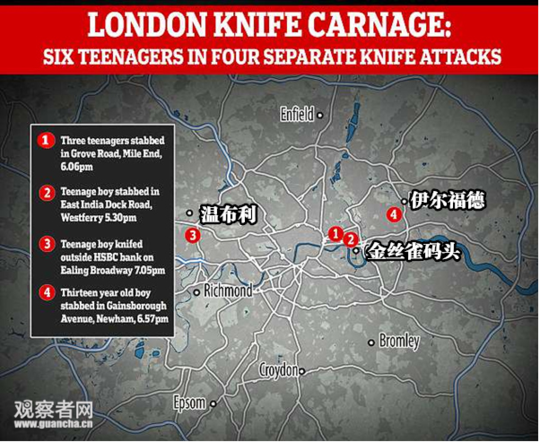 DEX.Guru Introduces Chatbots to Revolutionize Token Research
DEX.Guru Introduces Chatbots to Revolutionize Token Research
 The First of Too Many
The First of Too Many
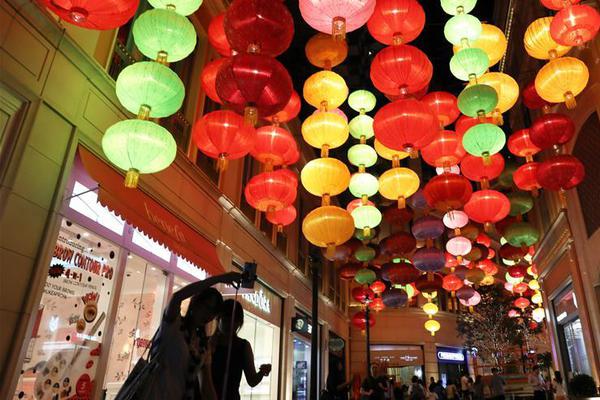 Секси косплей на Аду Вонг из Resident Evil в нижнем белье
Секси косплей на Аду Вонг из Resident Evil в нижнем белье
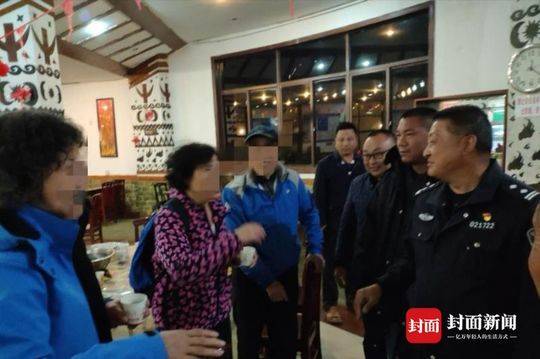 How BloomBeans is Creating the New Financial System
How BloomBeans is Creating the New Financial System
Yo quiero this Taco Bell AirbnbWatch an IRL Dug from 'Up' surprise humans in the parkResourceful stork hides from Hurricane Matthew in zoo bathroomDrudge and Trump’s disregard for facts has endangered lives amid Hurricane MatthewHere's why Kylie Minogue won't be getting married yetThis is the joke everyone needs after that draining presidential debateWoman's selfWildlife sanctuary can be yours for free, if you're willing to take care of itPeople are turning the debate into a glorious singAirbnb hosts offer homes for $0 as Hurricane Matthew approaches England vs. Netherlands 2025 livestream: Watch U21 Euro 2025 for free Best early Prime Day deal: Save 30% on the EarFun Air Pro 4 earbuds Best Dyson deal: Save over $100 on Dyson V11 Origin cordless vacuum A tiny galaxy ceased making stars for billions of years. Then it rebooted. AT&T settles data breach lawsuit for $177 million. See if you qualify. Amazon Prime Day soundbar deals 2025 Private moon spacecraft just took a breathtaking snapshot of Earth Early Prime Day Nintendo Switch deals: Games, more Carter's UFO hounded him for years. Few knew his expertise in astronomy. All the changes Apple made for iOS 26 beta 2
0.5666s , 14430.1484375 kb
Copyright © 2025 Powered by 【hotel room sex videos scandal in africa】Enter to watch online.VOX POPULI: A Chillingly Familiar Scenario,